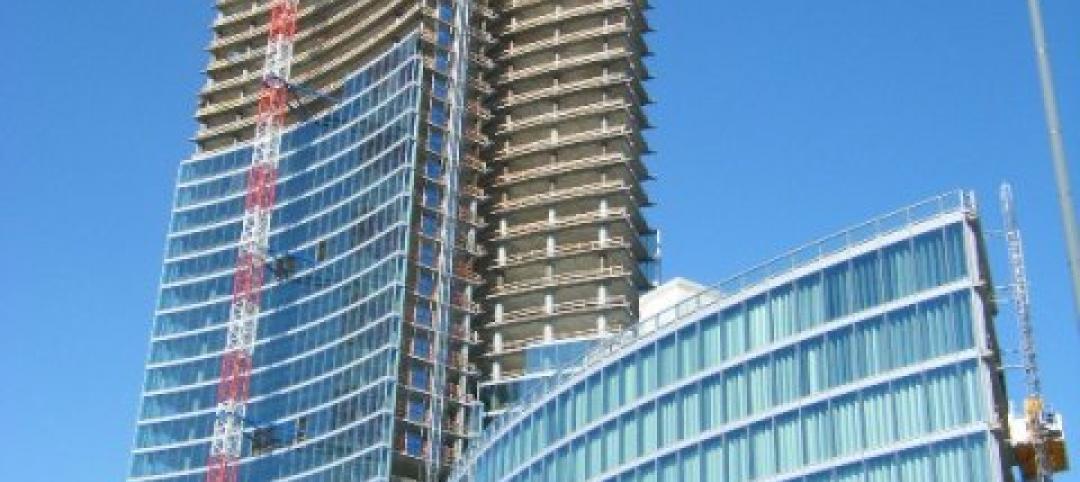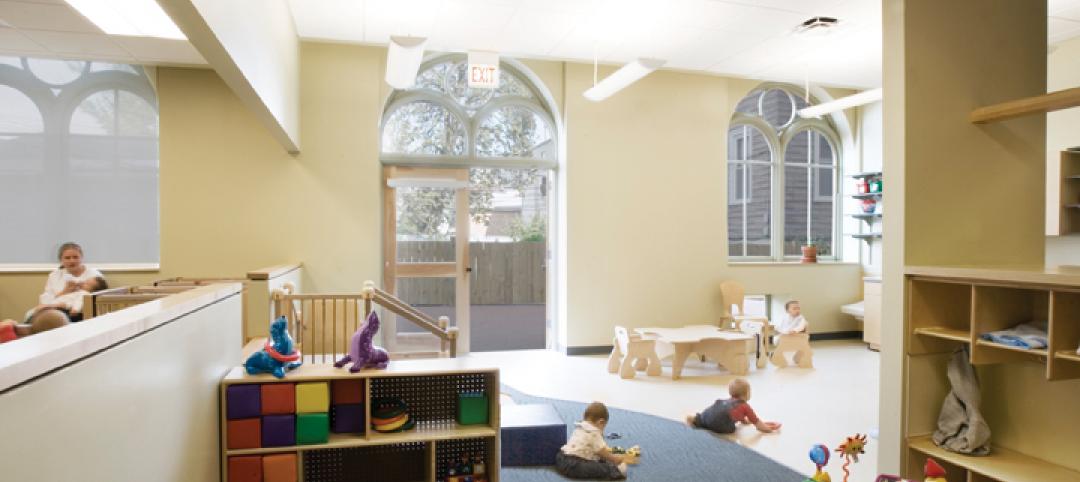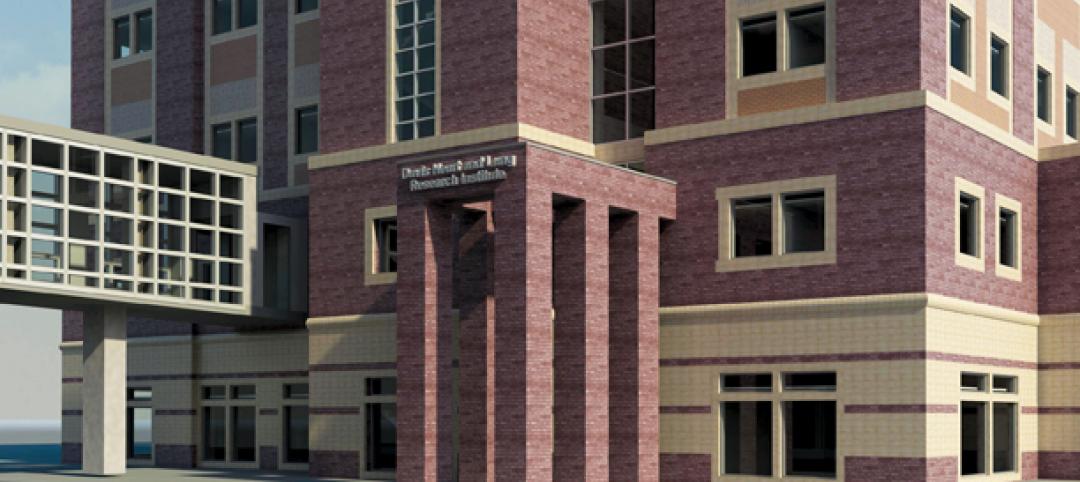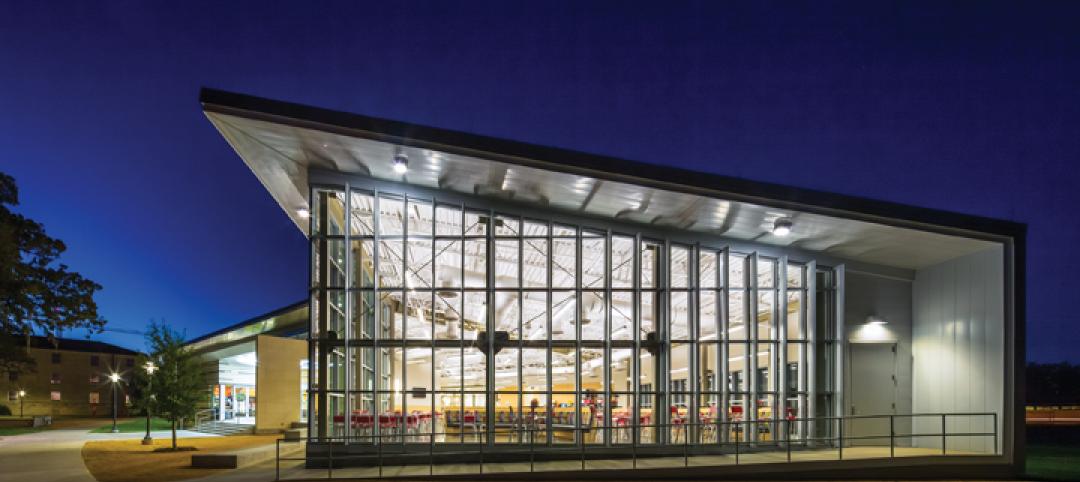Turner Construction Company announced that the Second Quarter 2013 Turner Building Cost Index – which measures costs in the non-residential building construction market in the United States – has increased to a value of 859. This reflects a 1.18% increase from the First Quarter 2013 and 4.00% yearly increase from the Second Quarter 2012.
"Larger urban markets appear to be expanding more rapidly than other regions. Contributing to the increase in construction costs is the limited capacity among those trade contractors with the available resources to manage and work on large, complex projects," said Karl F. Almstead, the Turner vice president in charge of the Cost Index. He continued, "While lower global demand is maintaining downward pressure on material and equipment costs, there is upward pressure on specialty equipment and material costs in growing building types such as data centers."
Approximately 90% of Turner's business is performed under contract arrangements where Turner provides extensive preconstruction planning services before the contract price is fixed and before construction starts. By providing preconstruction services and utilizing enhanced procurement strategies, Turner effectively manages the market risks associated with cost-related issues.
Turner has prepared the construction cost forecast for more than 80 years. Used widely by the construction industry and Federal and State governments, the building costs and price trends tracked by the Turner Building Cost Index may or may not reflect regional conditions in any given quarter. The Cost Index is determined by several factors considered on a nationwide basis, including labor rates and productivity, material prices and the competitive condition of the marketplace. This index does not necessarily conform to other published indices because others do not generally take all of these factors into account.
About Turner Construction Company
Turner is a North America-based, international construction services company. Founded in 1902, Turner first made its mark on the industry pioneering the use of steel-reinforced concrete for general building, which enabled the company to deliver safer, stronger, and more efficient buildings to clients. The company continues to embrace emerging technologies and offers an increasingly diverse set of services. With an annual construction volume of $9 billion Turner is the largest builder in the United States, ranking first or second in the major market segments of the building construction field, including healthcare, education, sports, commercial, and green building. The firm is a subsidiary of HOCHTIEF, a publicly traded company, and one of the world's leading international construction service providers. For more information please visit www.turnerconstruction.com.
About HOCHTIEF
HOCHTIEF is one of the leading international providers of construction-related services. With more than 80,000 employees and a sales volume of EUR 23.28 billion in FY 2011, the company is represented in all the world's major markets. With its core competencies in development, building and operation, the Group delivers services for the entire life cycle of infrastructure projects, real estate and facilities. The focus of the related business activities is on four strategic areas: energy infrastructure, transportation infrastructure, major cities, and resources. With its subsidiary Leighton (HOCHTIEF share around 54 percent), the Group is market leader in Australia. In the USA, the biggest construction market in the world, HOCHTIEF is the No. 1 general builder via its subsidiary Turner and, with Group company Flatiron, ranks among the most important players in the field of transportation infrastructure construction. Because of its engagement for sustainability, HOCHTIEF has been listed in the Dow Jones Sustainability Indexes since 2006. Further information is available at www.hochtief.com/press.
Related Stories
| Jan 16, 2013
SOM’s innovative Zhengzhou Greenland Plaza opens
The 2.59-million-square-feet building houses a mixed-use program of offices on its lower floors and a 416-room hotel.
| Jan 15, 2013
Morris Architects joins Huitt-Zollars
Morris, which will continue to provide services under its current name and leadership, is entering its 75th year of continuous practice as an architectural, interior design, landscape architecture, and planning firm.
| Jan 11, 2013
HMC Architects: In their own voices
See what HMC professionals say about their “Best AEC Firm to Work For”
| Jan 10, 2013
Guide predicts strongest, weakest AEC markets for 2013
2013 Guide to U.S. AEC markets touts apartments, natural gas, senior housing and transmission and distribution.
| Jan 9, 2013
Panasonic and Bluebeam preview new architect app at CES 2013
Panasonic and Bluebeam Software collaborate to develop and introduce the 4K tablet and software to the design and construction industry.
| Jan 3, 2013
Answered prayers
A bold renovation enables a small church to expand its mission on a grand scale.
| Jan 3, 2013
Top BIM/VDC articles of 2011-2012
A compendium of BD+Cs top building information modeling and virtual design + construction articles from 2011-12.
| Jan 3, 2013
8 trends shaping today’s senior housing
The ranks of those age 65 and older are swelling by the thousands every day. Is there an opportunity for your firm in the seniors housing market?
| Jan 2, 2013
Trends Report: New facilities enhance the quality of campus life
Colleges and universities are building state-of-the-art student unions, dining halls, and other non-academic buildings to enrich the campus experience, boost enrollment, and stay competitive.
















